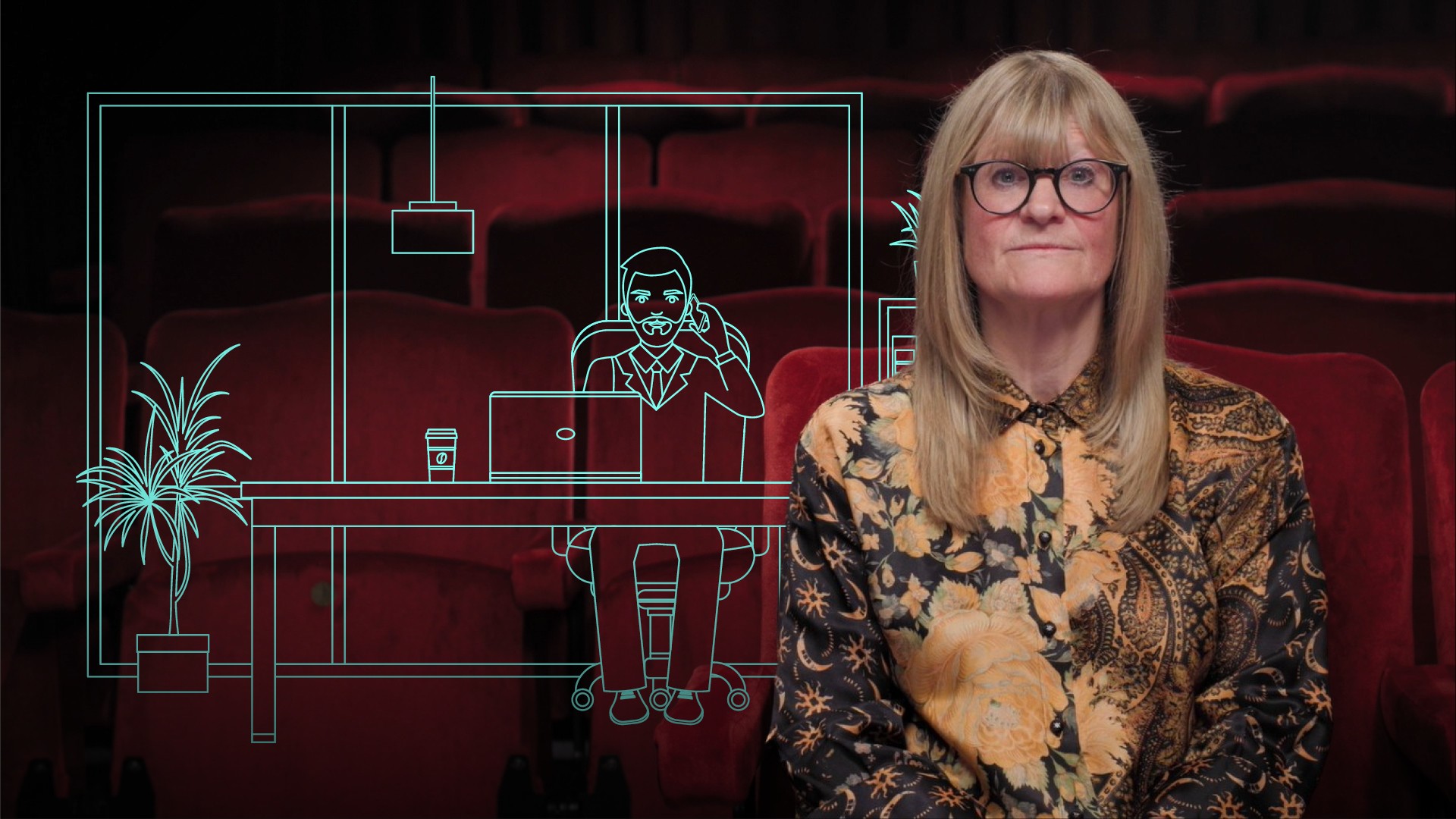
How Do Heuristics and Biases Adversely Impact Listening?

Debbie Taylor
25 years: HR & Management
In this video, Debbie refers to the work of Daniel Kahneman's 'Thinking Fast and Slow' to give us an insight into the way our brains fundamentally work using two systems. She introduces heuristics and mental biases and explains how they get in the way of effective listening.
In this video, Debbie refers to the work of Daniel Kahneman's 'Thinking Fast and Slow' to give us an insight into the way our brains fundamentally work using two systems. She introduces heuristics and mental biases and explains how they get in the way of effective listening.
Subscribe to watch
Access this and all of the content on our platform by signing up for a 7-day free trial.

How Do Heuristics and Biases Adversely Impact Listening?
5 mins 33 secs
The work of Daniel Kahneman (Thinking Fast and Slow) gives great insight into why people struggle to listen well as we are all riddled with biases stemming from the way our brains fundamentally work. These mental biases and shortcuts mean that we make assumptions, jump to conclusions and hear what we want to hear. We need to recognise what we are doing and suspend our own judgements, which will than allow us to take time to listen to what the other person is actually saying and then check in and confirm understanding along the way.
Key learning objectives:
What is System 1 & 2 in our minds and how does it get in the way of listening?
What are Heuristics and how do they get in the way of listening?
What are the biases known as halo effect, ordering effect, confirmation bias, exposure bias and how do they get in the way of listening?
Subscribe to watch
Access this and all of the content on our platform by signing up for a 7-day free trial.
What is System 1 & 2 in our minds and how does it get in the way of listening?
System 1: works automatically and quickly with little or no effort and no sense of voluntary control. For example, recognising sadness in someone’s voice.
System 2: allocates attention to the effortful mental activities that demand it, including complex computations. For example, listening to someone’s detailed opinions and analysis of a book you have also read and deciding whether or not you agree with them.
System 1 generates suggestions, feelings and intuitions for System 2 and if endorsed by System 2, they turn into beliefs and impulses turn into voluntary actions. It must be noted that System 2 can be lazy and just accept what the faulty system 1 gives to it without question which can lead to biases. We often make decisions without thinking about them, for example whether we like or dislike people even though we don’t know much about them, as can happen in recruitment interviews, when hiring decisions have been made on first impressions and whether they looked the part rather than whether they answered competency-based questions well.What are Heuristics and how do they get in the way of listening?
Our system 1 brain is a vast associative network of ideas full of concrete and abstract notions, memories, emotions and physical sensations and it determines what is normal as we try to make sense of the world. Complexity is taxing so it is easier to see the world in black and white rather than grey.
So how we make judgements are often spontaneous, using what is known as a ‘heuristic’. This is a mental shortcut that allows a person to make a decision, pass judgment, or solve a problem quickly and with minimal mental effort. We take difficult situations or questions and simplify them to make it easier to decide what to do. A prime example would be when you are having a conversation with someone (at work or at home) and the phone rings. Instinctively you go to pick up the phone and the reality is that you have stopped listening. So, whilst heuristics can reduce the burden of decision making and free up limited cognitive resources, they can also lead to critical information being missed and relationships being strained.
What are the biases known as halo effect, ordering effect, confirmation bias, exposure bias and how do they get in the way of listening?
- The halo effect is a cognitive bias that occurs when an initial positive judgement about a person unconsciously colours the perception of the individual as a whole. This can regularly happen when interviewing someone who has a similar interest to you and it makes you feel very positive towards them.
- The ordering effect can direct how you react to what you hear. What you hear first forms the trunk of the tree to which all later impressions attach like branches. For example, who comes across best here: - Andrew: intelligent, hard-working, strategic, suspicious, selfish. - Martin: selfish, suspicious, strategic, hard-working, intelligent.
- Confirmation bias is how we tend to interpret information in a way that confirms prior beliefs rather than opposes them, so we tend to discard information that doesn’t support them and can be reflected in the newspaper you read.
- Exposure bias means that the more we are exposed to information, the more we like it. Hence the power today of what we are told by the media, social media and politicians and how it can influence people’s views on a global basis.
Subscribe to watch
Access this and all of the content on our platform by signing up for a 7-day free trial.

Debbie Taylor
There are no available videos from "Debbie Taylor"





























